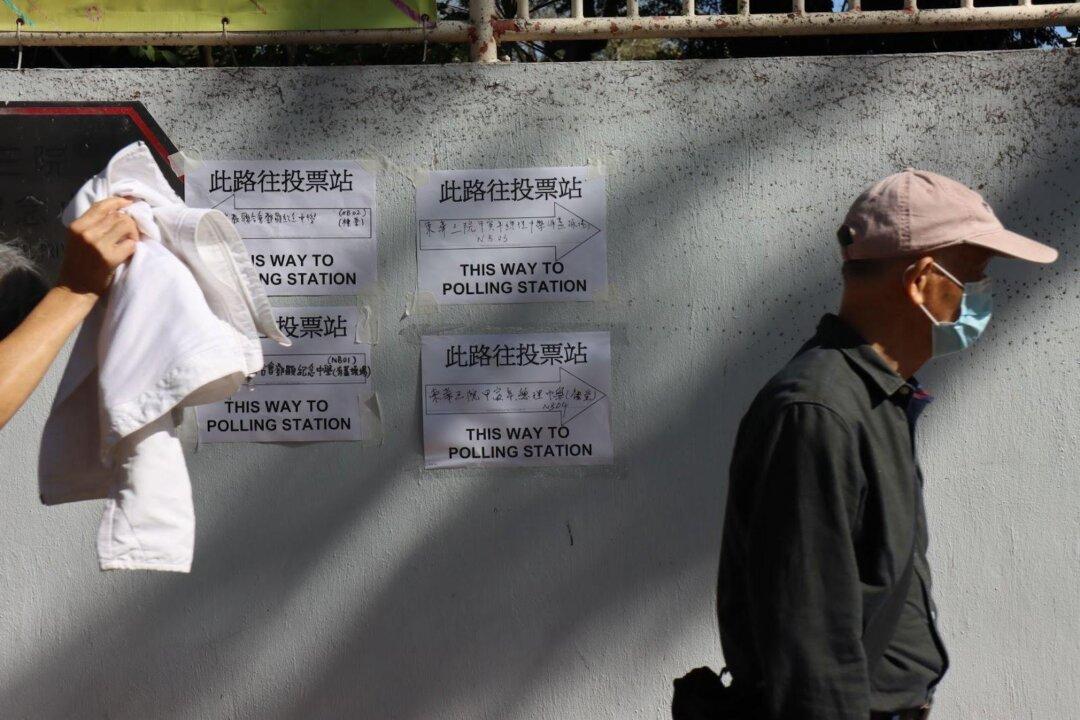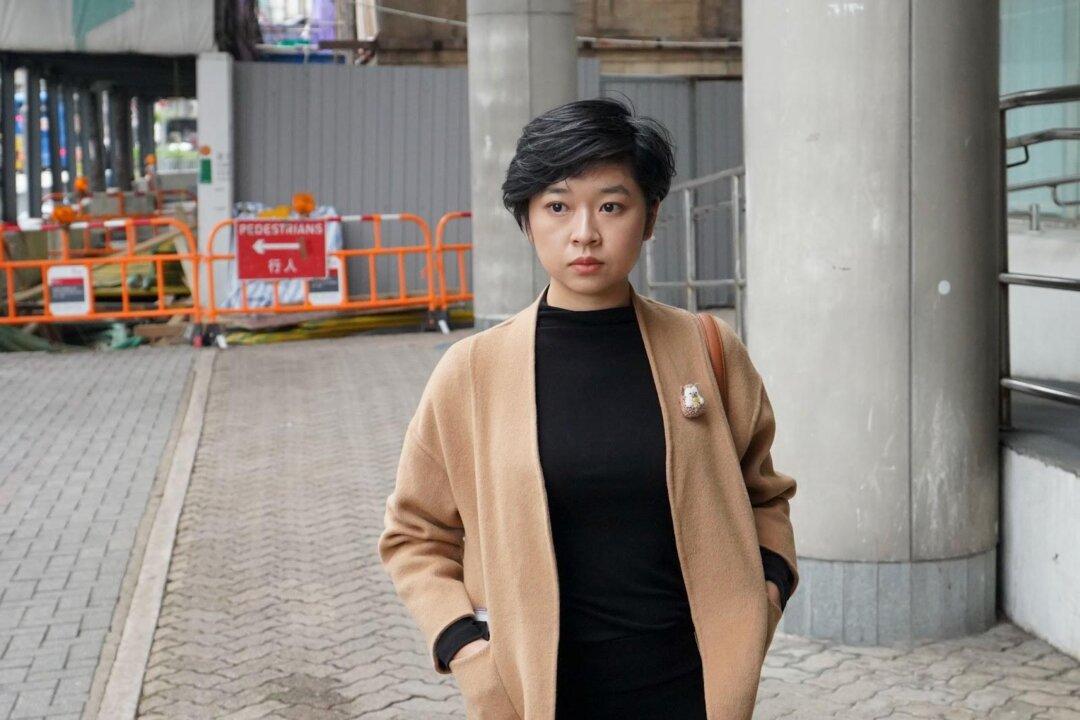The first District Council elections under the Chinese Communist Party’s (CCP) altered electoral system, dubbed “Patriots Governing Hong Kong,’ took place on Dec. 10, 2023. The election effectively excluded all pro-democracy candidates.
The Registration and Electoral Office announced on Dec. 11 that more than 1.19 million people voted in the geographical constituencies, with a total turnout rate of 27.54 percent, a historic low. The Epoch Times reporters interviewed a lot of the citizens in the streets, and most of them said they would not vote.




